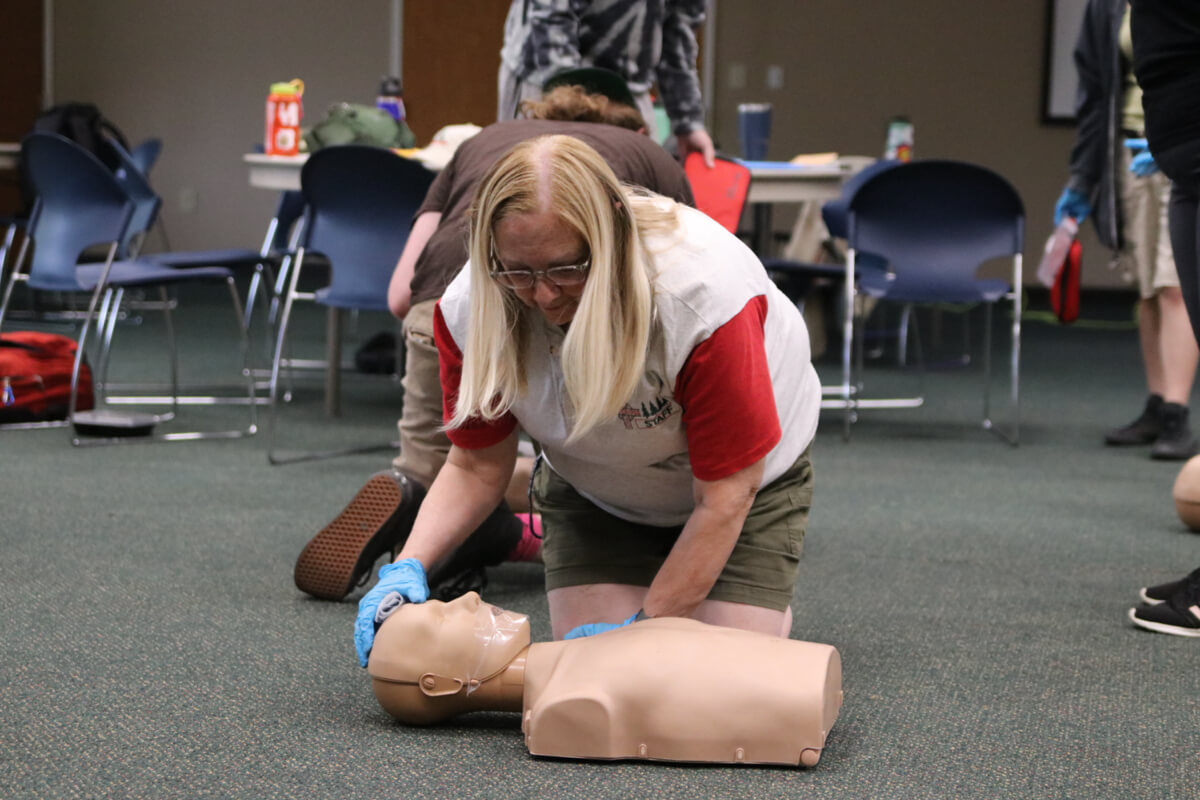In today’s unpredictable world, being prepared for emergencies is no longer an option—it’s a necessity. From natural disasters to medical emergencies and unforeseen events, having a plan in place and the necessary skills can make a significant difference in how we navigate these challenging situations. In this blog post, we explore the importance of emergency preparedness and provide practical tips to help you build resilience for uncertain times.
-
Assessing Potential Risks
- Understanding Your Environment The first step in emergency preparedness is identifying the potential risks and hazards in your specific environment. We discuss the importance of conducting a risk assessment, whether you’re at home, work, or out in the community. By understanding the specific risks you may face, you can tailor your preparedness efforts to address those challenges effectively.
-
Building an Emergency Kit
- Essentials for Survival Having a well-stocked emergency kit is vital in times of crisis. We provide a comprehensive checklist of essential items to include in your kit, such as food, water, medication, flashlights, batteries, and a first aid kit. We also offer tips on maintaining and periodically reviewing your emergency supplies to ensure they are up to date and ready to use when needed.
-
Creating an Emergency Communication Plan
- Staying Connected During emergencies, communication is crucial. We guide you through the process of developing an emergency communication plan for your family, workplace, or community. This plan includes establishing meeting points, designating an out-of-area contact, and utilizing various communication channels to stay connected and informed.
- Learning Life-Saving Skills: CPR, First Aid, and More Being equipped with life-saving skills is an integral part of emergency preparedness. We highlight the importance of learning CPR, first aid, and other essential skills to effectively respond to medical emergencies. We discuss the benefits of CPR and first aid training, provide information on finding reputable training programs, and emphasize the confidence and peace of mind that comes with being prepared to help others in critical situations.
-
Mental and Emotional Preparedness
- Caring for Your Well-Being Emergency preparedness goes beyond physical preparations; it also involves mental and emotional readiness. We address the psychological impact of emergencies and offer strategies for managing stress, anxiety, and fear. By prioritizing self-care and fostering resilience, you can navigate challenging situations with greater clarity and composure.
-
Engaging with the Community
- Collaborating for Resilience Building resilience is not just an individual effort—it’s a collective endeavor. We discuss the importance of engaging with your community, joining local emergency response teams, and participating in preparedness initiatives. By working together, we can strengthen our collective ability to respond to emergencies and support one another in times of need.
Emergency preparedness is a proactive and empowering approach to navigating uncertain times. By assessing risks, building emergency kits, creating communication plans, acquiring life-saving skills, and prioritizing mental well-being, we can enhance our resilience and that of our communities. Remember, preparedness is an ongoing process, and taking small steps today can make a significant difference tomorrow. Let’s embrace the mindset of preparedness, build resilience, and face the future with confidence.




